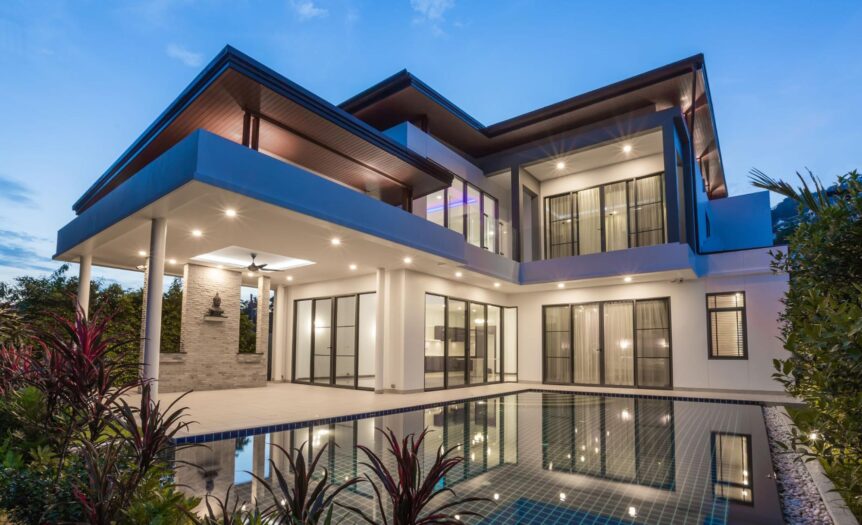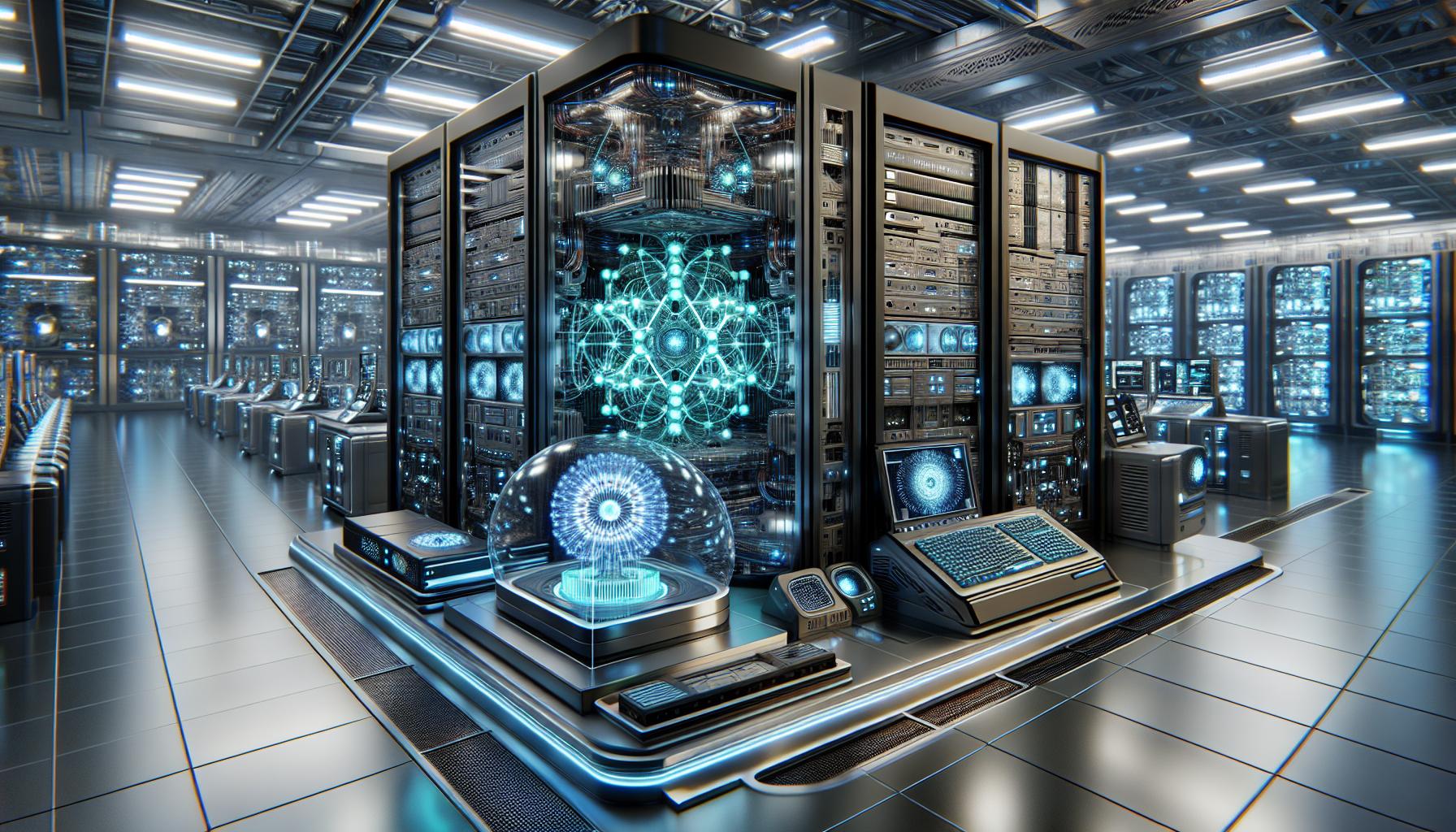In the ever-evolving world of home design, the integration of smart technology has emerged as a revolutionary trend. As homeowners seek to create spaces that are not only aesthetically pleasing but also highly functional and efficient, smart technology is paving the way for a new era in remodeling.
Innovations that offer convenience, sustainability, and improved living experiences are reshaping the future of home design, from automated lighting and climate control to security systems and energy management.
The Rise of Smart Home Technology
Smart home technology has seen significant advancements in recent years, with an increasing number of homeowners adopting these innovations to enhance their living environments. Companies like FHIA Remodeling at https://fhiaremodeling.com/ are at the forefront of this trend, offering state-of-the-art solutions to modernize homes.
According to a report by Statista, the smart home market is projected to reach $53.45 billion by 2023, driven by the growing demand for connected devices and the desire for more efficient home management. This surge in adoption is transforming the way we think about home remodeling, making it essential for homeowners and designers to stay abreast of the latest trends and technologies.
Benefits of Smart Technology in Home Remodeling
Enhanced Convenience and Control
One of the primary benefits of integrating smart technology into home remodeling is the enhanced convenience and control it offers. Smart devices such as thermostats, lighting systems, and home assistants can be controlled remotely via smartphones or voice commands, allowing homeowners to manage their homes effortlessly. This level of control extends to various aspects of the home, including temperature settings, lighting schedules, and even the operation of appliances, providing a seamless and user-friendly experience.
Improved Energy Efficiency
Energy efficiency is a key consideration in modern home design, and technology plays a crucial role in achieving this goal. Smart thermostats, for instance, can learn homeowners’ preferences and adjust heating and cooling systems accordingly, resulting in significant energy savings.
Similarly, smart lighting systems can automatically turn off lights when rooms are unoccupied or adjust brightness based on natural light availability, reducing electricity consumption.

According to the U.S. Department of Energy, smart thermostats can save homeowners up to 10% on heating and cooling costs annually.
Enhanced Security
Security is a top priority for homeowners, and technology offers advanced solutions to enhance home security. Smart security systems, including cameras, doorbells, and locks, provide real-time monitoring and alerts, allowing homeowners to keep an eye on their property from anywhere in the world. These systems can also be integrated with other devices, such as lighting and alarm systems, to create a comprehensive security network that deters intruders and ensures peace of mind.
Increased Property Value
The integration of smart technology can significantly increase a home’s value, making it an attractive investment for homeowners. A study by the National Association of Realtors found that homes with technology features, such as smart thermostats and security systems, sold faster and at higher prices compared to those without. This trend is expected to continue as smart home technology becomes more mainstream, providing homeowners with a compelling reason to incorporate these innovations into their remodeling projects.
Key Smart Technologies Transforming Home Remodeling
Smart Lighting Systems
Smart lighting systems are revolutionizing the way we illuminate our homes. These systems allow homeowners to control lighting remotely, set schedules, and customize lighting scenes to suit different moods and activities. Advanced lighting solutions, such as Philips Hue and LIFX, offer features like color-changing bulbs, voice control, and integration with other smart home devices, providing a versatile and energy-efficient lighting solution.
Smart Thermostats
Smart thermostats, such as the Nest Learning Thermostat and Ecobee, are among the most popular home devices. These thermostats use machine learning algorithms to understand homeowners’ preferences and optimize heating and cooling settings accordingly.
They can also be controlled remotely and provide energy usage reports, helping homeowners reduce their energy consumption and save on utility bills.
Smart Security Systems
Smart security systems have become the cornerstone of modern home security. Products like the Ring Video Doorbell, Arlo security cameras, and August Smart Lock offer advanced features such as real-time video monitoring, motion detection, and remote access. These systems can be easily integrated with other home devices to create a robust security network that enhances home safety and security.
Smart Appliances
The integration of smart appliances is transforming kitchens and laundry rooms into efficient and connected spaces. Smart refrigerators, ovens, dishwashers, and washing machines offer features like remote control, energy monitoring, and automated maintenance alerts. Brands like Samsung and LG are leading the way in appliance innovation, providing homeowners with cutting-edge solutions that simplify daily tasks and improve efficiency.
Smart Home Assistants
Smart home assistants, such as Amazon Alexa and Google Assistant, have become central hubs for managing home devices. These voice-activated assistants can control lighting, thermostats, security systems, and more, providing a hands-free and intuitive way to manage the home. Their integration with a wide range of devices makes them indispensable tools for creating a cohesive and connected smart home environment.









